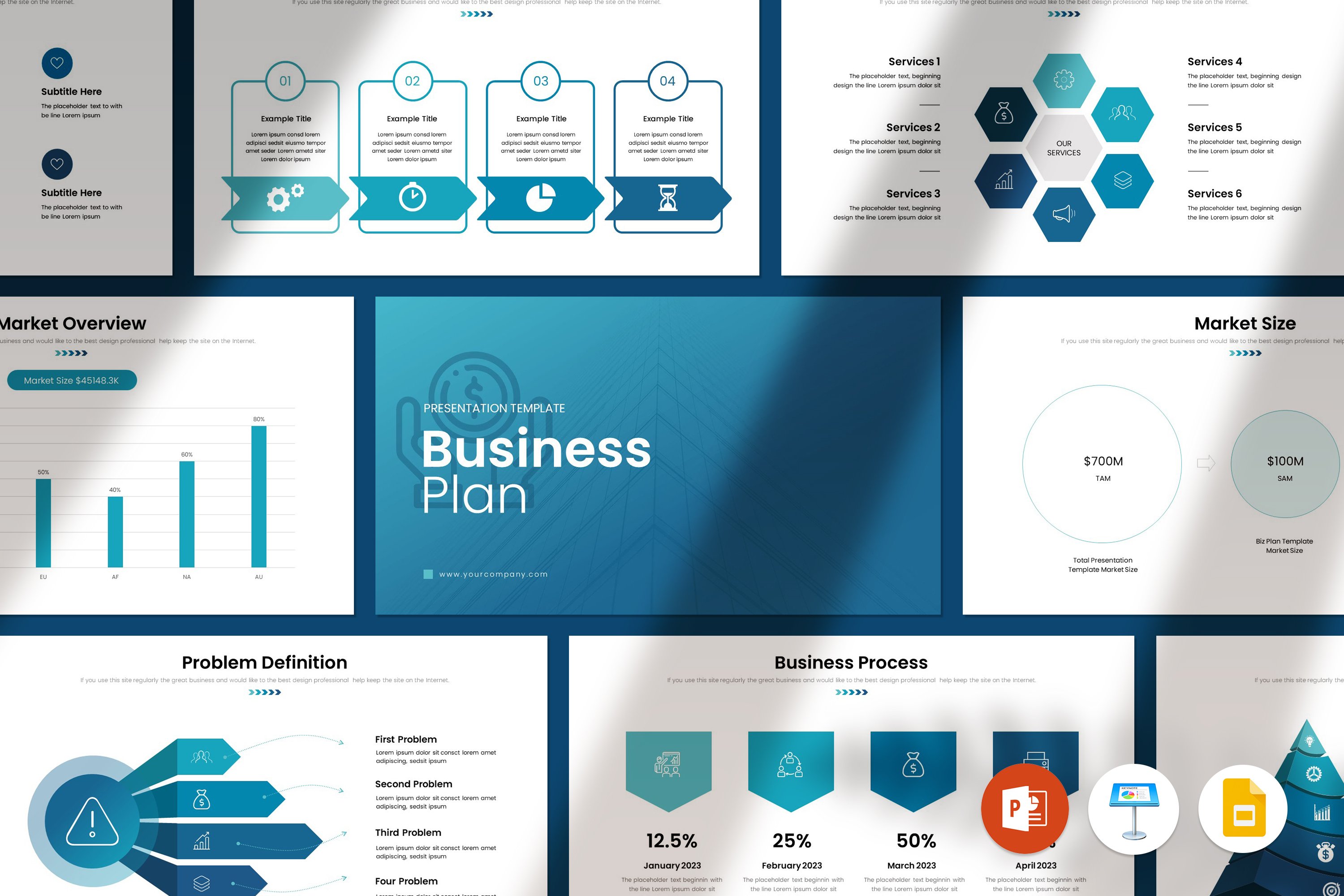Why Management Offshore Is Becoming a Popular Choice Among Entrepreneurs
Why Management Offshore Is Becoming a Popular Choice Among Entrepreneurs
Blog Article
Navigating Obstacles: Proven Techniques for Successful Monitoring Offshore
By focusing on clear interaction, fostering a cohesive group society, and implementing durable threat management methods, companies can browse these intricacies with better convenience. Leveraging innovative innovation not only improves procedures yet likewise promotes real-time cooperation throughout geographically distributed teams.
Recognizing Offshore Difficulties
In navigating the complexities of offshore administration, companies should first acknowledge the unique obstacles that occur in this environment. Misconceptions can lead to inefficiencies and hinder collaboration among teams.
Furthermore, conformity with local legislations and regulations presents another layer of intricacy. Organizations must remain informed of the lawful landscape in each offshore territory, as non-compliance can cause serious fines and reputational damage. In addition, varying labor laws and work practices can make complex workforce monitoring, requiring companies to adjust their human resources strategies appropriately.
One more substantial challenge is the threat connected with political and economic instability in specific regions. Organizations should evaluate these risks and develop backup plans to minimize potential interruptions. Eventually, recognizing these difficulties is crucial for organizations intending to optimize their offshore management strategies and accomplish lasting success in a globalized company atmosphere.
Reliable Interaction Methods

Developing an usual language and making certain that all group members are skillful in it can reduce misconceptions. It is likewise vital to think about social distinctions that might influence communication styles. Routine check-ins and feedback sessions can promote an atmosphere of visibility, making it possible for staff member to voice concerns and share insights.
To enhance interaction efficiency, creating a structured interaction plan that lays out frequency, approaches, and essential stakeholders can provide quality - management offshore. Additionally, using visual help and created paperwork can strengthen spoken messages, making sure that information is maintained and recognized
Building a Strong Group Culture
Cultivating a solid team society is vital for the success of overseas groups, as it lays the foundation for collaboration and performance. A robust group society promotes count on, involvement, and a common feeling of purpose amongst employee, which is especially critical when working throughout various time zones and social contexts.
To develop this culture, leaders need to focus on open communication, guaranteeing that all employee feel listened to and valued. Normal check-ins and comments sessions can assist strengthen this practice, permitting for the recognition of concerns and the party of accomplishments. Furthermore, establishing clear objectives and aligning them with the team's values boosts dedication and liability.
Motivating social communications, both online and in-person, can additionally reinforce connections within the group - management offshore. Team-building tasks and informal celebrations advertise friendship and help break down obstacles that may exist as a result of geographical ranges. Acknowledging specific payments and commemorating milestones also cultivates a feeling of belonging and inspiration
Inevitably, a solid team society not only boosts partnership yet also drives advancement, as employee feel equipped to share concepts and take risks. By spending in social development, blog offshore groups can attain better success and strength when faced with challenges.
Implementing Threat Administration Practices
Risk management is an essential element of effective overseas management, making certain that teams are prepared to browse uncertainties and potential obstacles. To implement effective risk management practices, companies need to initially determine the certain risks related to overseas procedures. This consists of studying aspects such as geopolitical instability, environmental risks, and supply chain susceptabilities.
As soon as threats are identified, the following action involves assessing their potential influence and chance. This assessment allows teams to focus on dangers, concentrating sources on those that pose the best danger to task success. Developing a detailed threat monitoring framework is crucial; it should consist of clear methods for risk mitigation and backup planning.

Leveraging Modern Technology for Success
In today's swiftly progressing landscape, leveraging modern technology is pivotal for accomplishing success in overseas monitoring. The combination of sophisticated technological services can considerably boost functional effectiveness, simplify communication, and foster partnership throughout varied groups.
Cloud computing systems help with real-time data sharing and accessibility, permitting job stakeholders to continue to be enlightened and engaged no matter their geographical locations. This immediacy not only improves decision-making yet additionally aids alleviate dangers related to info hold-ups. Additionally, project administration software supplies a centralized hub for tracking progress, assigning jobs, and taking care of sources, making sure that all staff member are straightened with project objectives.

Final Thought
In conclusion, successful offshore management requires an extensive technique that incorporates efficient communication, strong team society, extensive threat monitoring techniques, and progressed technological services. By cultivating partnership and interaction among varied teams, companies can browse the complexities of overseas procedures extra adeptly. Moreover, the execution of a robust risk monitoring framework and the usage of innovation not only boost operational efficiency however additionally prepare organizations to efficiently react to possible challenges and uncertainties in the overseas atmosphere.

By prioritizing clear interaction, cultivating a natural team culture, and carrying out robust danger monitoring practices, organizations can browse these complexities with greater simplicity.Risk management is a vital component of successful overseas management, ensuring that teams are prepared to navigate unpredictabilities and possible challenges. Furthermore, job monitoring software program gives a centralized center for tracking development, designating tasks, and managing sources, making sure that all group members are aligned with project goals.
In verdict, successful overseas administration requires an extensive technique that integrates efficient interaction, solid team culture, strenuous risk monitoring techniques, and progressed technological remedies. By fostering partnership and engagement among diverse teams, companies can navigate the complexities of offshore procedures much more expertly.
Report this page